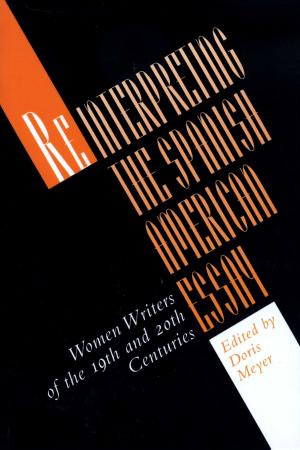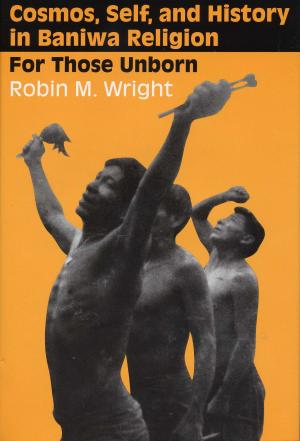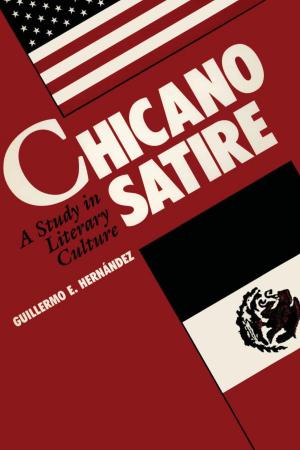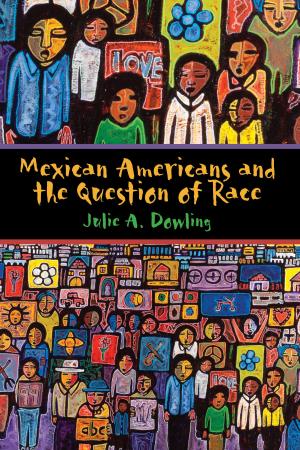Xicoténcatl
An anonymous historical novel about the events leading up to the conquest of the Aztec empire
Fiction & Literature| Author: | ISBN: | 9780292789876 | |
| Publisher: | University of Texas Press | Publication: | June 29, 2010 |
| Imprint: | University of Texas Press | Language: | English |
| Author: | |
| ISBN: | 9780292789876 |
| Publisher: | University of Texas Press |
| Publication: | June 29, 2010 |
| Imprint: | University of Texas Press |
| Language: | English |
As Spain's New World colonies fought for their independence in the early nineteenth century, an anonymous author looked back on the earlier struggle of native Americans against the Spanish conquistadores and penned this novel, Xicotncatl. Writing from a decidedly anti-Spanish perspective, the author describes the historical events that led to the march on Tenochtitlán and eventual conquest of the Aztec empire in 1519 by Hernán Corts and his Indian allies, the Tlaxcalans.Xicotncatl stands out as a beautiful exposition of an idealized New World about to undergo the tremendous changes wrought by the Spanish Conquest. It was published in Philadelphia in 1826. In his introduction to this first English translation, Guillermo I. Castillo-Feli discusses why the novel was published outside Latin America, its probable author, and his attitudes toward his Spanish and Indian characters, his debt to Spanish literature and culture, and the parallels that he draws between past and present struggles against Spanish domination in the Americas.
As Spain's New World colonies fought for their independence in the early nineteenth century, an anonymous author looked back on the earlier struggle of native Americans against the Spanish conquistadores and penned this novel, Xicotncatl. Writing from a decidedly anti-Spanish perspective, the author describes the historical events that led to the march on Tenochtitlán and eventual conquest of the Aztec empire in 1519 by Hernán Corts and his Indian allies, the Tlaxcalans.Xicotncatl stands out as a beautiful exposition of an idealized New World about to undergo the tremendous changes wrought by the Spanish Conquest. It was published in Philadelphia in 1826. In his introduction to this first English translation, Guillermo I. Castillo-Feli discusses why the novel was published outside Latin America, its probable author, and his attitudes toward his Spanish and Indian characters, his debt to Spanish literature and culture, and the parallels that he draws between past and present struggles against Spanish domination in the Americas.















